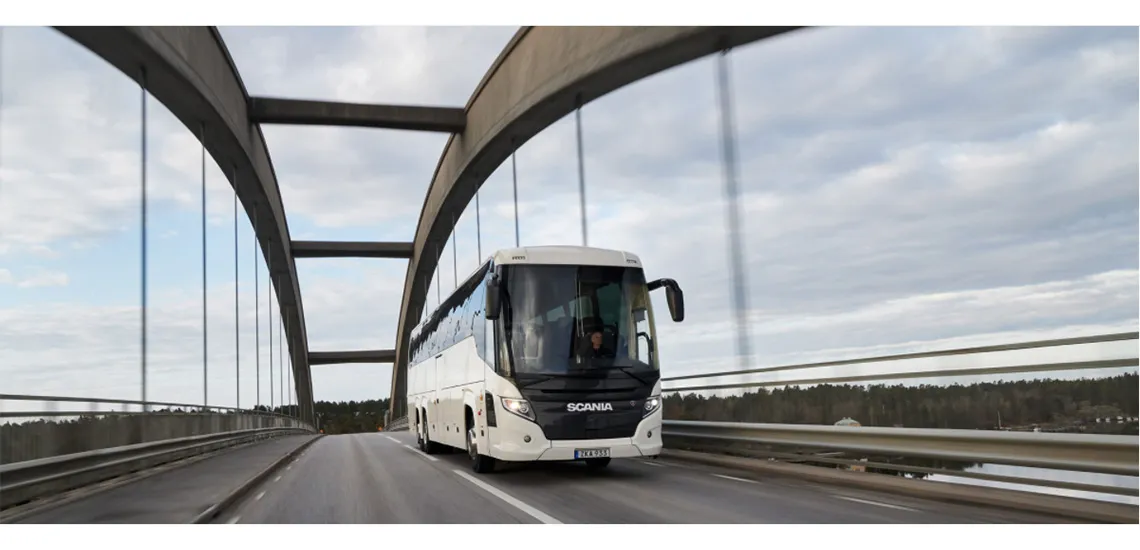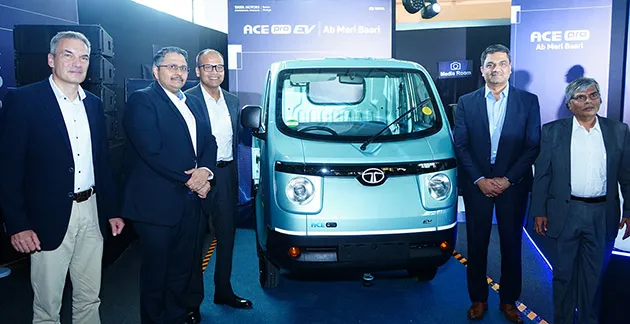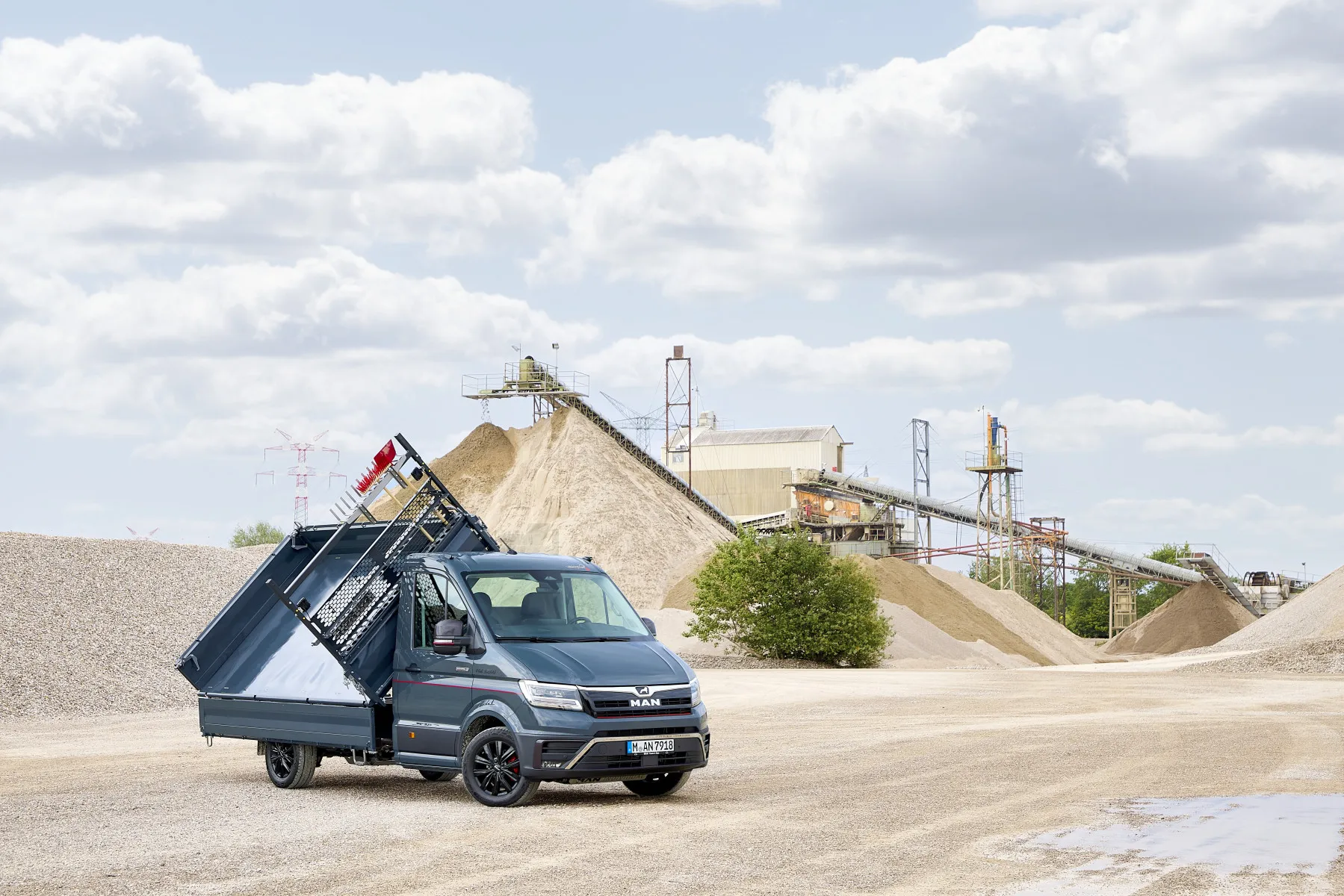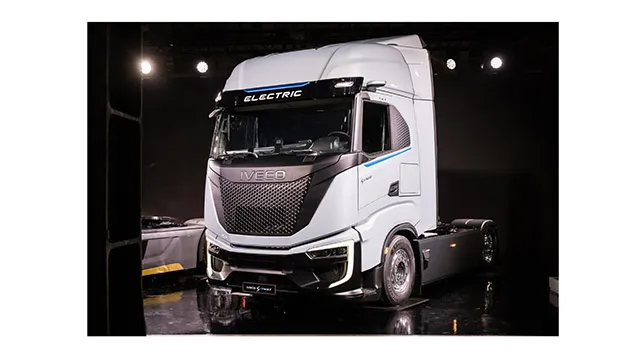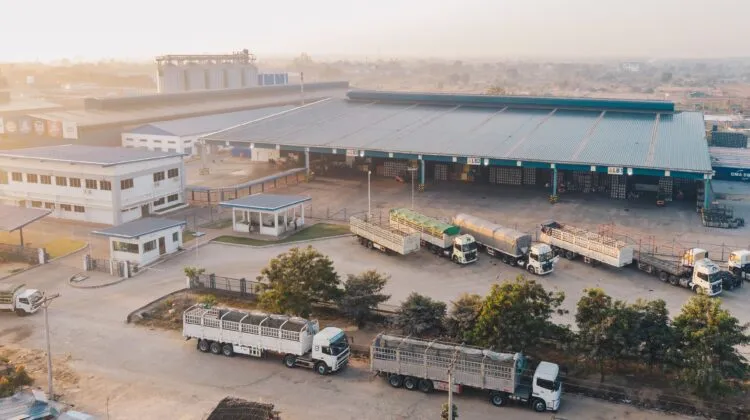With up to 5 per cent less fuel consumption, coach operators expect the most energy-efficient Scania coaches, which will also meet or surpass emission targets.
Less Fuel Consumptions, Lower Emissions
Scania understands these points and has put fuel efficiency and lower emissions at the heart of the new Scania bus and coach generation. Three years of intensive R&D have produced fuel consumption savings of up to 5 per cent, depending on emission class. The coaches are using the same types of driveline components from Scania trucks has also been beneficial.
“At the outset of this project we set a target of reducing fuel consumption for our travel coaches by an average of four to five percent from our previous model. I’m happy to say that we have achieved that, thanks mainly to the new powertrain,” says Niklas Berglund, Expert Engineer at Energy Consumption, Bus Chassis Development.
While the coach sector still lacks an equivalent energy use standard to city buses Standardised On-Road Test (SORT), the fact Scania trucks with these components have won the annual green truck award five years running, plus numerous other industry tests, means most comparisons in energy efficiency will be the same.
The new engines also meet or even surpass the more stringent Eu6E emissions guidelines reassuring for operators facing ever tighter regulations. All Scania coaches and buses can be run on biofuel, a cleaner option and an important stepping stone on the way to fossil-free transport.
After three years of groundbreaking development, Scania is giving coach operators the most fuel-efficient, sustainable, comfortable and drivable vehicles yet. “This is an important step forward for Scania. We have to lessen the amount of traffic that’s on the road, and buses have an incredibly important role to play in boosting public transport and sustainability,” says Berglund. “My main hope from this new bus generation is that it will really open customers’ eyes to our tremendously good powertrain in terms of its energy consumption and emissions levels. “And that they also understand that we can truly go not just nearer neutral in terms of fossil fuels, but switch to biofuels, where possible,” he added.

